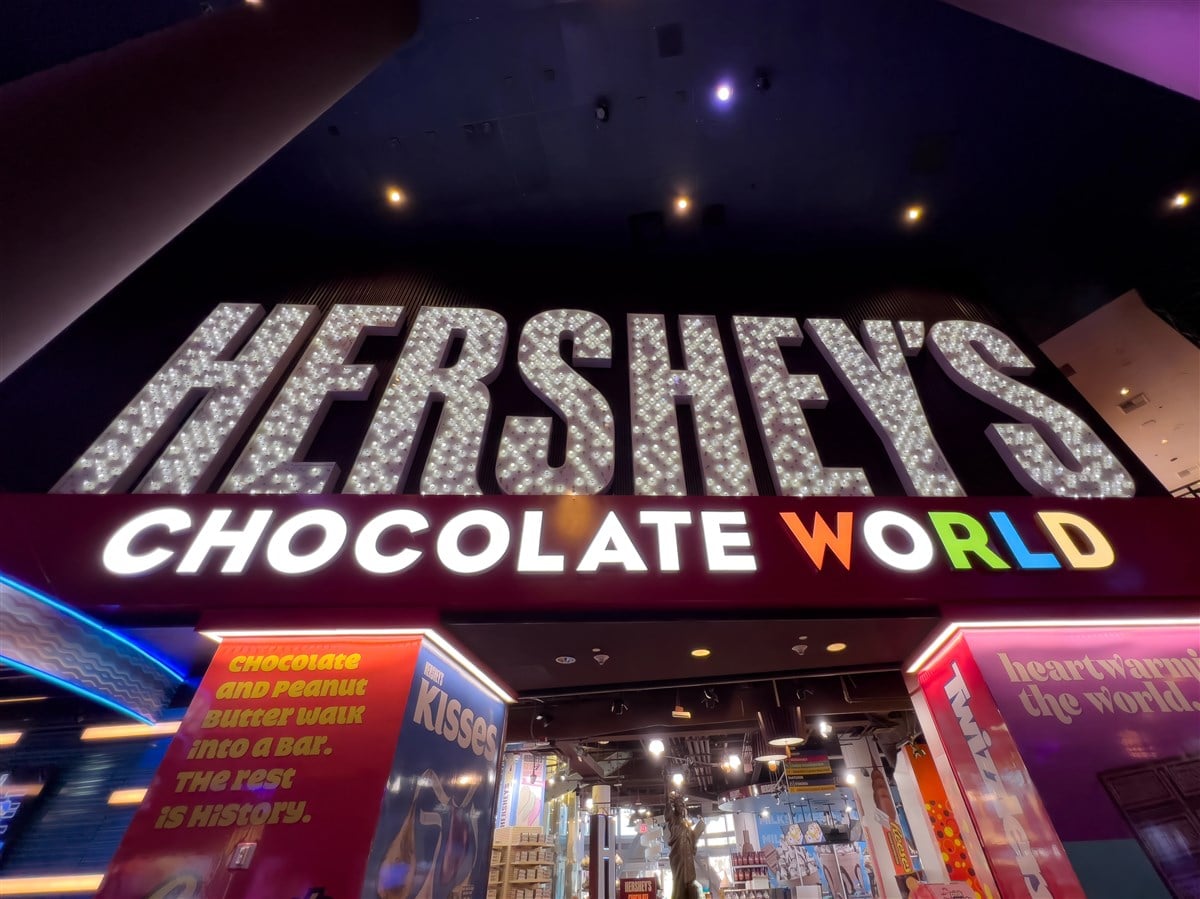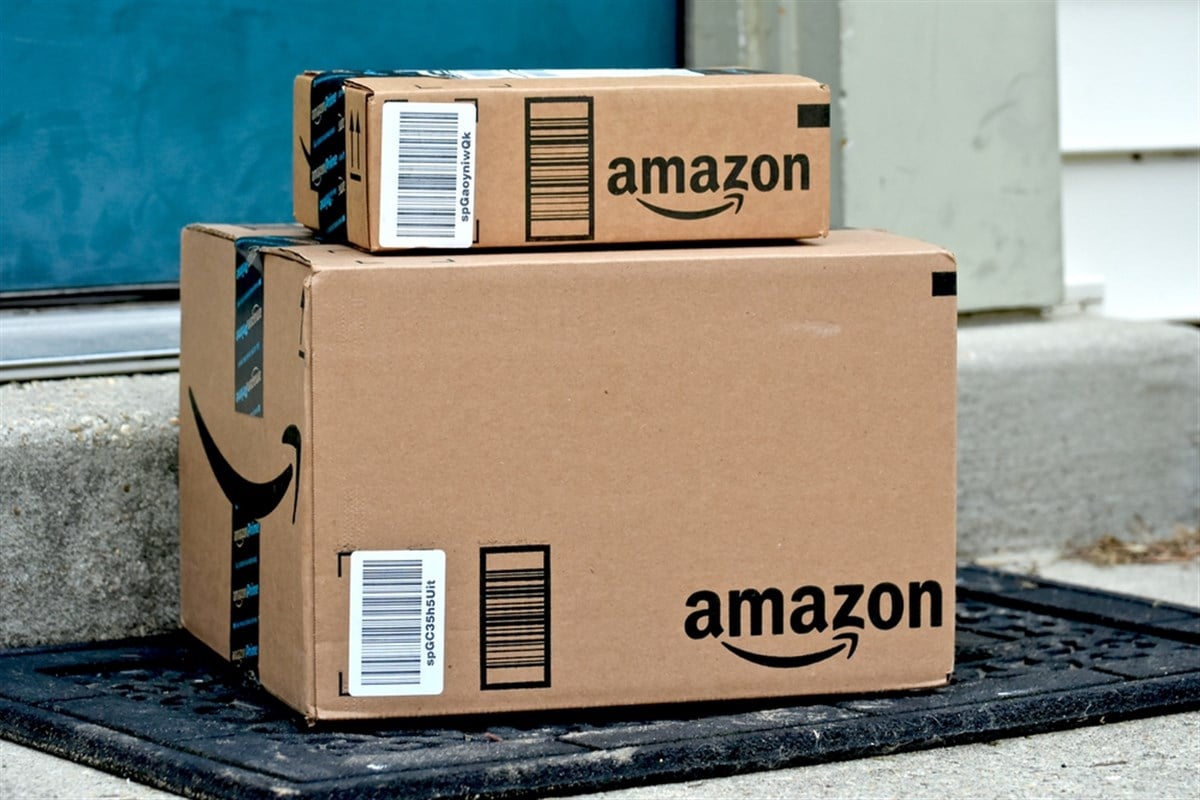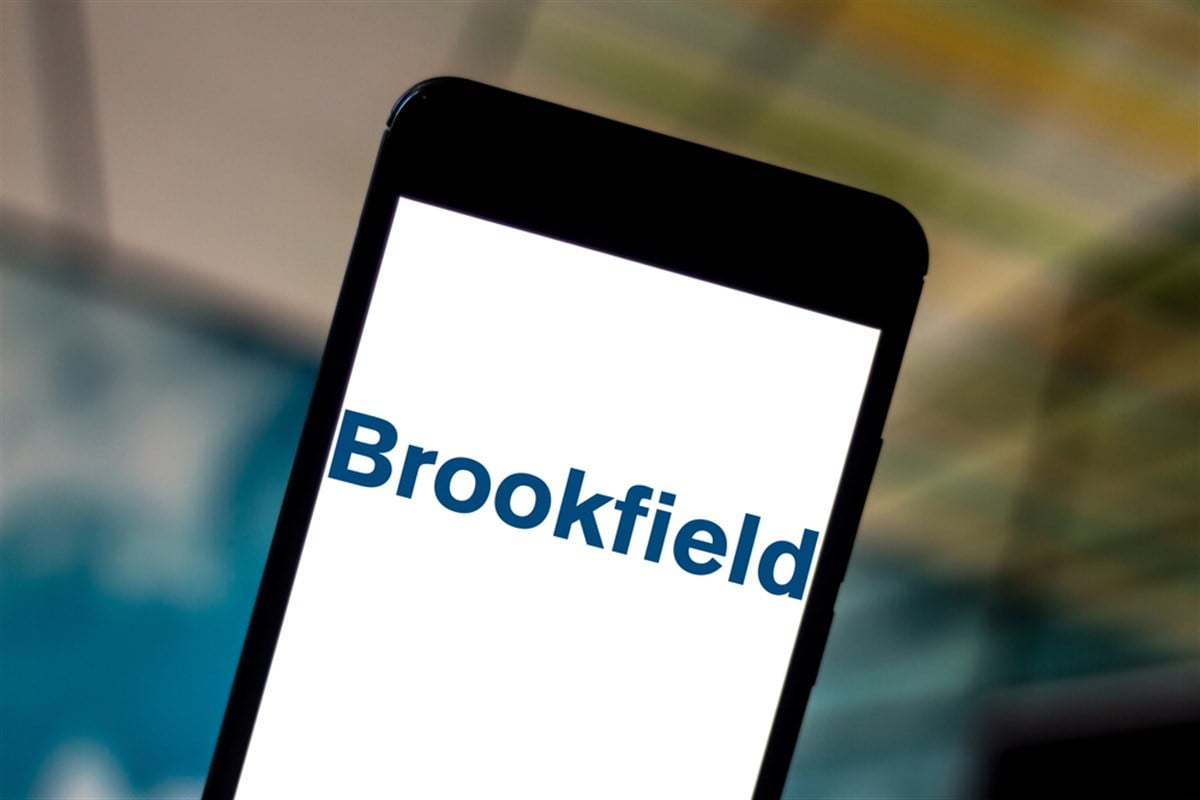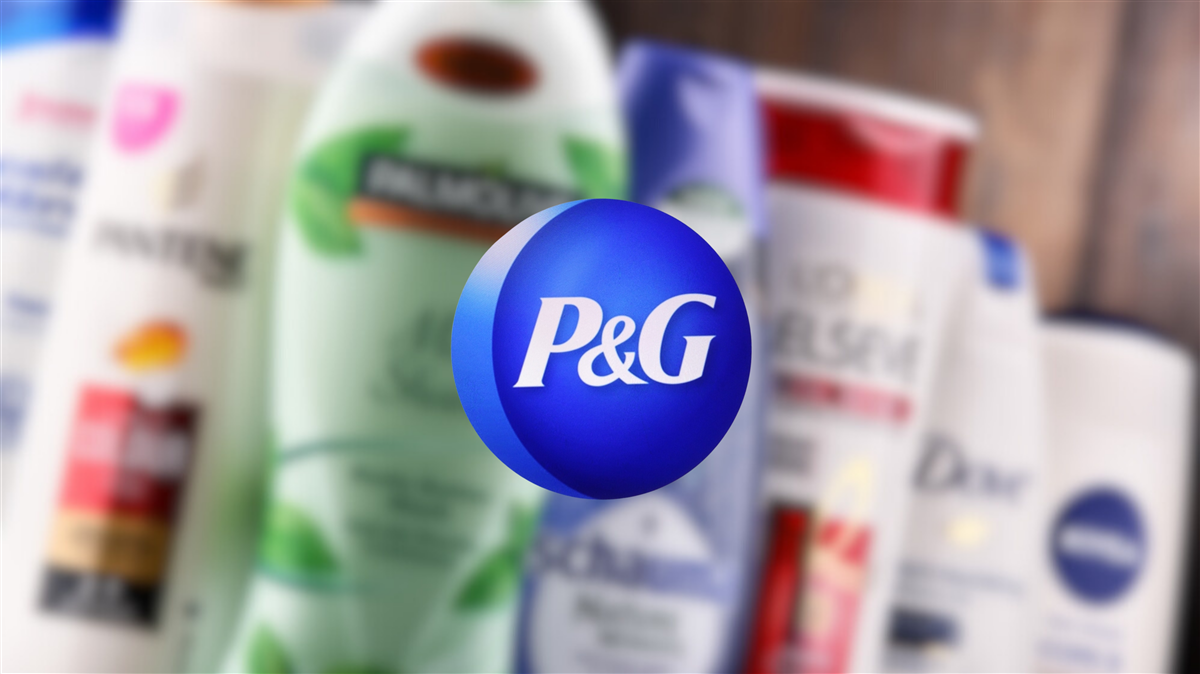The Most Ethical Companies in America [2025 Survey]

In a time when trust in big business can feel like a rare commodity, our survey shows that Americans still believe there are companies guided by conscience.
More than 3,000 people across the country weighed in on which brands in their state they feel actually share their values.
Here are the full rankings.
Key Findings
Homegrown heritage is highly valued.
Many of the top-ranked companies – like Hershey, Ocean Spray, and Tillamook – are century-old names that never strayed far from their founding towns.
That local loyalty seems to inspire moral confidence, suggesting that Americans equate staying “close to home” with staying accountable.
Ethics and food go hand in hand.
Food and beverage brands dominate the list, from Burt’s Bees and Publix to Zapp’s, Clif Bar, and Community Coffee.
Respondents appear to associate ethical behavior with nourishment – perhaps because food production so visibly connects people, land, and labor.
Employee ownership is a powerful draw.
Several admired companies, including Publix, Tillamook, and Organic Valley, operate on cooperative or employee-ownership models.
Consumer, it appears, likes to reward structures where profits go back to workers and local communities, as opposed to distant shareholders.
Sustainability sells, but only if backed by sincerity.
Green initiatives alone are not enough to draw consumers. Brands like Patagonia Provisions and ReVision Energy ranked high because sustainability isn’t a marketing tagline; it’s baked into their identity.
Respondents can spot the difference between a PR pledge and a purpose-driven business.
Small companies feature too.
It’s not all multinationals – several small-scale companies, from Hardy Coffee Co. in Omaha to Bridge Brew Works in West Virginia, made the list.
Their inclusion reflects a growing appetite for authenticity over scale.
Surprisingly, banking and finance are quietly regaining trust.
Community banks and credit unions such as South Carolina Federal Credit Union and First Farmers Bank & Trust stood out.
It suggests that, in smaller financial institutions, people still feel a sense of moral stewardship.
Alcohol brands made a surprisingly ethical showing, too.
Breweries and distilleries – from New Belgium to Bourbon Barrel Foods – appeared throughout the rankings.
The key link? Craft and community. Consumers seem to believe that when production is transparent and local, even indulgence can feel principled.
Final Thoughts
Our survey results suggest Americans aren’t demanding corporate perfection – just presence, purpose, and proof.
Whether it’s a local grocer that pays fair wages or a heritage brand that reinvests in its hometown, people reward companies that make them feel good about spending money with them.



